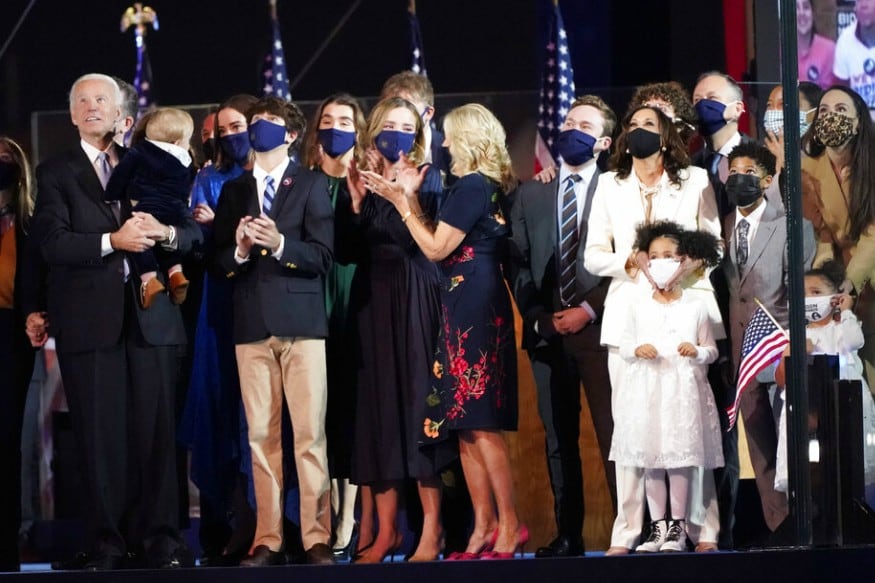
It’s cloudy today, perhaps some snow tonight as the temperature is supposed to drop to around thirty. The sky right now, however, is dark grey from horizon to horizon, and across the reach the bay is barely visible, Windmill Point not even a thought in the morning fog and mist.
I’ve been viewing the work IT Chris is doing on the Nature Readings website, adding videos from writers reading about nature just about daily, in preparation for its launch soon. But when watching or listening to readings from New England and California and Pennsylvania and Prague, and Texas, and more, I find my mind quite quickly drifts to my yard, then beyond my yard to the river, and then further still. So I turn off the computer and saunter along the trails here at Aerie until I’m on the road which brings me down the hill to the Rappahannock.
And there, the seemingly infinite routine of buffleheads and gulls diving is in progress. An egret or heron lifts from the grass in the marsh, letting out its distress call of a low honk—almost a cross between a goose and a mallard. It lands nearby, however, anyway, and lets me pass without so much as looking up from the shallow pond, as if it would say, “Geez, Bob, you scared the crap out of me!” as it settles back into its perpetual rhythm.
This is my morning.
The contrast from duck pond to Rappahannock River is startling considering they are separated by a mere twelve feet of sand and reeds. The pond, shallow and still, mirror-like most of the time, and the river, while it has moments of glass-like reflection, is more often choppy, more than a mile wide at this point just a stone’s throw from the mouth of the bay. It is always moving, the current, the tide, the winds on the surface, always mixing and pushing out to sea or up the banks here, and every so often that barrier between river and pond erodes enough to allow a few narrow currents cut through. It is never the same.
At the university the other day a student came by my office to say hello. While we are completely online at this point, I let them know I’d be in my office for a few hours since several students opted to live in the dorms. This student, an athlete who lives with her teammates, came by because she said she’s a face to face person, and she wanted to meet me so when she watches the lectures via zoom, there will seem less of a barrier. We talked about sports and essays and pandemics and pizza, and she left. In the hallway she said she was going to go back and rewatch the first few videos now that she has met me; she believes she’ll absorb them better now. I agreed.
When I was young I tried reading John Muir and Thoreau and other such nature writers. The writing is inspiring, albeit, for me, often drawn out and boring. But there was always some barrier between the imagery and my imagination, some sort of missing element which I felt I needed to completely understand the prose.
Then I went outside.
I hiked the mountains, walked endless beaches, lay in fields of leaves of grass and walked along the edge of Walden in autumn, alone. On that particular outing, I returned to my yellow house on a reservoir not far from Concord and reread Walden, and for the first time in many readings of the book, I felt like I was reading my own journal, or a letter from a friend who I had traveled with. It came to life like nothing had.
That tradition continues. Prague, Amsterdam, St. Petersburg guides couldn’t help me comprehend the cities until I walked the streets, found a stool in a local pub and talked with locals, and then returned home and revisited the guides and literature of the area so that the experience seemed sealed, somehow grounded in another writer’s adventures, so that I could sit back after passages and say, “Yes! Exactly!” Before going, I didn’t know what the writer meant; upon return I read the work with the passion only experience can provide.
I need eye contact with nature; I need all the senses to be involved. An hour walk along the water or through the mountains can bring me a greater understanding of not only nature but myself than all the volumes nature-writers can provide.
I don’t mind today’s clouds, this evening’s forecast. The storms and “dreary” weather are as enlivening to me as a clear day or a starry sky in January. I don’t mind being cold, the wet night air on my face making my skin feel tight and my eyes sting. It is that sensory experience which is dreadfully lacking in literature.
I don’t believe nature writers write so those who can’t experience what we do can somehow be there vicariously. I think we write so that just a few pages in the reader might put down the book and grab some gloves and a scarf and head outside, whether to saunter down the sidewalks of a village or the blocks of a city, or a nearby park.
Being outside is as primitive an instinct as humans have; it is in our nature.








